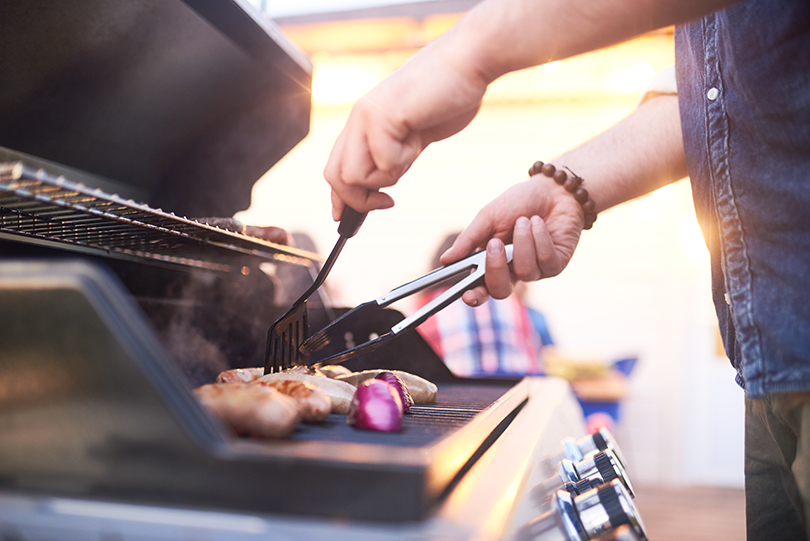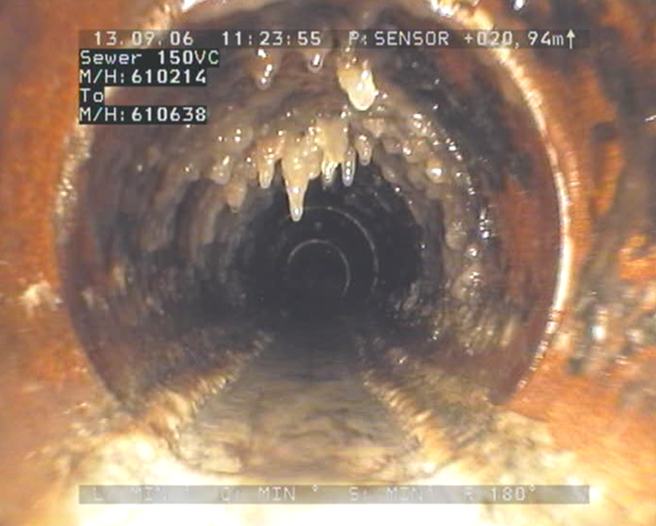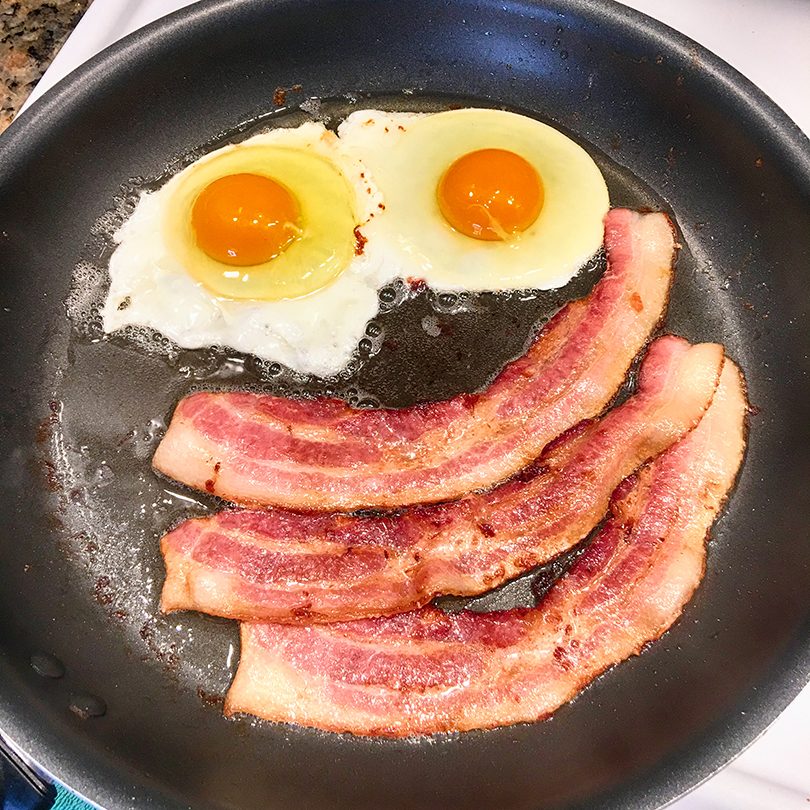
Put fats and oils in the bin, not down the drain. Photo: Icon Water.
As the aroma of baking ham and barbecues fills the homes and backyards of the ACT this summer, Icon Water is reminding Canberrans to think before they pour any liquid into their drains.
Icon Water General Manager of Infrastructure Services Gerard Brierley says many people mistakenly think it’s OK to pour liquid fats and oils down the drain. It’s not.
“When fats and oils are in their liquid form it seems fine to pour it down the sink, but the problem is that when it reaches the sewer pipes the fats and oils solidify, causing blockages in the system,” Mr Brierley said.
“It can even cause your sewage to overflow back into your property.”
Icon Water says that over summer, especially around Christmas time, as people come together, fire up the barbeque and start baking, there is more fat and oil in the sewer system than there should be.
It’s sending out a strong message to Canberrans this Christmas: fats and oils need to go in the bin.

Congealed fats and oils in Canberra’s sewage system. Photo: Icon Water.
Mr Brierley says everyone can help to keep our sewers clear and fatberg-free.
“Pour fat from your Christmas ham, and grease from the barbecue, into a container, and then put it in the bin. Or keep a container with a lid under the sink and pour your cooking oil in there,” he said.
“Make sure to wipe out greasy pots and pans with a paper towel before washing up or putting them in the dishwasher. Even if you use detergent, the fats and oils will still congeal once they are in the system.”
When fats and oils hit the sewer, they combine with wipes and other non-flushable things and can cause fatbergs, a problem for utilities around the world. A fatberg is a large mass of cooking fat and other waste that has congealed and hardened after being poured down a drain, blocking a sewage system.
Icon Water spends more than $1 million a year on reactive sewerage maintenance and while problems are not always caused only by oils and fats, it’s definitely a big contributor.
In 2020, it took workers an entire day to remove a 42-tonne fatberg from a Melbourne sewer. But that was small compared to the monster found a year later in the UK that weighed 300 tonnes and stretched for a kilometre.

Even if you use detergent when washing pans, fats and oils will still congeal once they are in the system. Photo: File.
Mr Brierley says that as trees put down longer roots to chase the water underground, the congealed fats and oils collect on the roots and combine with wipes and other items and cause blockages.
“Crews are called out every day to sewer choke repairs when, with a little thought, problems could be greatly reduced. Everyone can remember that the only things to go down the drain should be the three Ps: pee, poo and paper. Not fats and oils,” he said.













